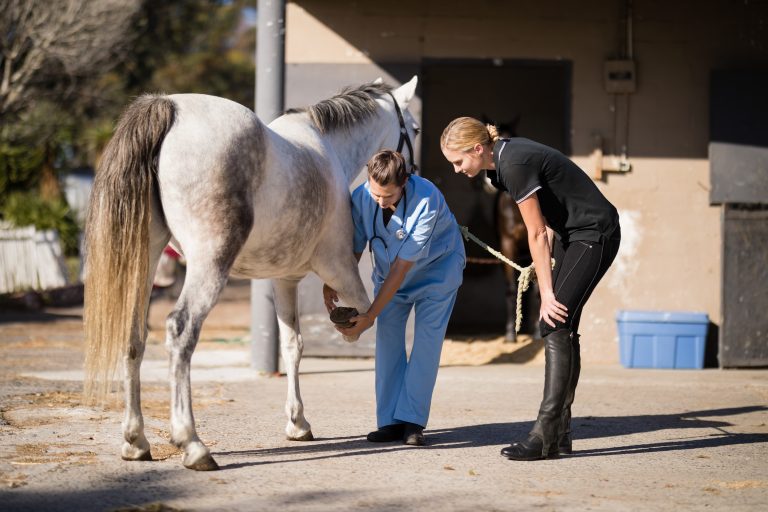
Equine piroplasmosis (EP) is a disease caused by blood-parasites Theileria equi or Babesia caballi. These parasites are naturally transmitted by certain species of ticks. If not treated, horses can be chronically infected with this disease. They might show no clinical signs or vague signs such as exercise intolerance, mild weight loss and transient fever. Infected horses can transmit EP to other horses either via ticks or through human-facilitated, or iatrogenic, blood-borne transmission. While the United States is currently free of tick-borne transmission of EP, the disease is endemic in many other parts of the world. Horses imported into the United States must test negative for both T. equi and B. caballi prior to release from federal import quarantine.
In recent years, EP has been detected in the United States in sport horses of various breeds, including Andalusians, Lusitanos, Friesians and warmbloods. These EP-infected horses were either prospects for or actively competing in sport horse events, such as hunter/jumper, eventing and dressage, some at high levels. They originated from EP-endemic countries but had no record of being legally imported into the United States. Further epidemiological investigation found the EP-positive horses had been:
- Illegally moved across the U.S. border from Mexico,
- Were known to be EP-infected in their country of origin, and
- Were moved illegally to avoid disease detection.
U.S. owners/buyers of these horses were often unaware of the horse’s disease status or how it had entered the country. If you own imported sport horses and were not involved in the legal importation of the horse, do not have documentation of USDA’s EP-negative testing at import, or are unsure of how your horse entered the country, you should consult with your veterinarian and consider testing for EP. EP-infected horses found in the United States are eligible to enroll in the USDA-APHIS EP treatment program. This program has been successful in permanently clearing the infective organism from chronically infected horses, improving the affected horse’s health, and eliminating the risk of transmission to other horses.
Learn more about EP at www.aphis.usda.gov.








